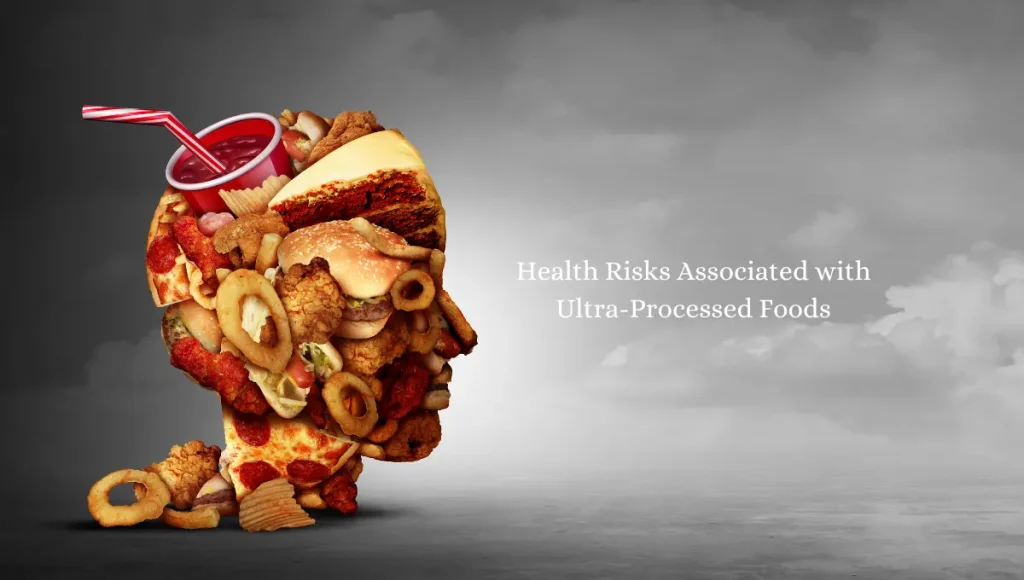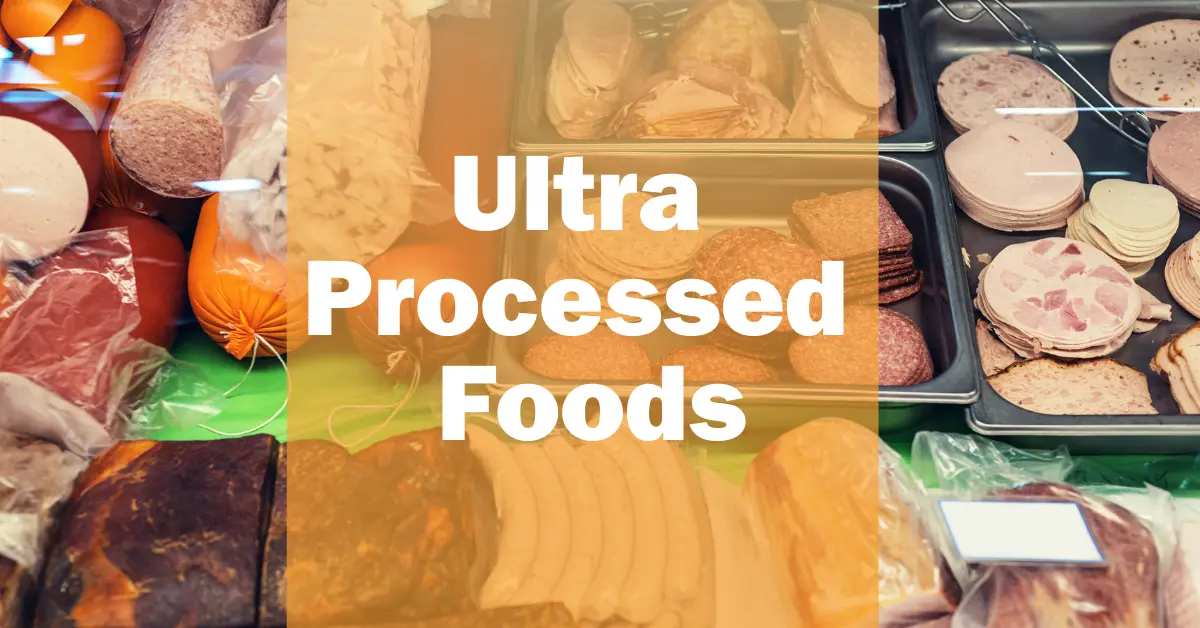Latest Review Links Ultra-Processed Foods to 32 Adverse Health Effects: Insights from the Largest Evidence Examination Yet
The most extensive evidence review to date connects ultra-processed foods, including cereals and fizzy drinks, to 32 harmful health effects. Globally, poor diet is estimated to contribute to one in five deaths, with a growing focus on the impact of ultra-processed foods (UPFs) in numerous recent studies.

Approximately 15 years ago, UPFs were initially defined to facilitate research into the health implications of food processing. In this new “umbrella review,” researchers analyzed a multitude of recent studies involving nearly 10 million individuals, consolidating available data to provide a comprehensive overview of how UPFs impact our health.
The findings suggest that the consumption of significant quantities of ultra-processed foods (UPFs) in a diet is associated with adverse health outcomes and a heightened risk of premature death from various conditions, such as heart disease, type 2 diabetes, obesity, and compromised mental health.
Diets characterized by elevated UPF intake are unequivocally detrimental to one’s health, as corroborated by the latest study, which establishes connections to a diverse range of diseases. However, uncertainties persist regarding the specific mechanisms through which these foods contribute to illness.
Researchers have posited several mechanisms over the years. These encompass poor nutritional quality, with certain UPFs being rich in fat, sugar, and salt, while being low in fiber and deficient in essential vitamins, minerals, and antioxidants.
Other contributing factors include a lack of structural integrity and texture in ultra-processed foods (UPFs), leading to accelerated eating, heightened blood sugar levels, and reduced effectiveness in curbing appetite. Considerable attention has also been directed towards food additives and other chemicals, whether intentionally added during food processing or present as contaminants from packaging or the environment.
The current study reveals an interesting aspect: the strength of the results varied among the studies, with some correlations being weak. This variability is likely due, in part, to the broad spectrum of foods encompassed by the UPF category.
The definition of UPFs identifies foods that may incorporate additives and chemicals, undergoing intensive processing with refined and reconstituted ingredients that consumers may not be familiar with. This category spans a diverse range of foods, including ice cream, snacks, wholemeal bread, processed meats, and low-fat spreads. Given the substantial differences in ingredients and nutrient content among these varied foods, it is reasonable to expect that they will have distinct effects on our health.
Another crucial factor to consider is that these studies are extensive, conducted at the population level, with thousands of participants documenting their regular dietary habits and health status. The analysis carefully adjusts for various factors, such as age, gender, and lifestyle, which could potentially skew the results.
It’s important to note, however, that the results can only establish a relationship between dietary intake and health. They do not offer direct evidence of the underlying mechanisms involved. There is an urgent need for new research to comprehensively understand how and why certain foods may contribute to adverse health outcomes.
While conducting direct studies on the long-term health effects, such as those associated with high levels of food additives, may be challenging and ethically questionable, there exists an opportunity to delve into these effects in greater detail using existing data. As additional studies are published, the growing pool of data should enable researchers to hone in on different forms of ultra-processed foods (UPFs) and identify variations in their impact, distinguishing between the most and least harmful.
Read Also : Top Health Benefits of Moringa oleifera: Nutrients, Uses, and Considerations
Considering the vast amount of data within the umbrella review, it would be intriguing to extract more precise information to aid in identifying specific foods that should be avoided.
It’s time to delve deeper into the matter. The UPF category encompasses a wide variety of foods, each with a diverse range of nutrient contents. Commercial wholemeal bread falls under the UPF classification, as do ice cream, doughnuts, and fried snacks. Therefore, it is highly probable that different UPFs will exhibit a broad spectrum of health effects.
Furthermore, conducting mechanistic studies involving human subjects, where specific foods or ingredients are administered in a controlled manner, along with more detailed statistical analyses of existing studies, will aid in pinpointing which ultra-processed foods (UPFs) to avoid, which are safe, and which might even be beneficial as part of a healthy, balanced diet.
One certainty is that these studies should contribute valuable insights to guide recommendations on reducing the consumption of UPFs that clearly pose health risks. Additionally, efforts should be directed towards identifying the specific components of these foods that are most hazardous, enabling food manufacturers to eliminate them from our diets, similar to the successful elimination of harmful ingredients like trans fats and certain artificial colors.
A significant portion of the population heavily depends on commercially processed food products, emphasizing the need to ensure the safety and nutritional value of these foods in the future, especially for individuals in economically disadvantaged and vulnerable groups.

